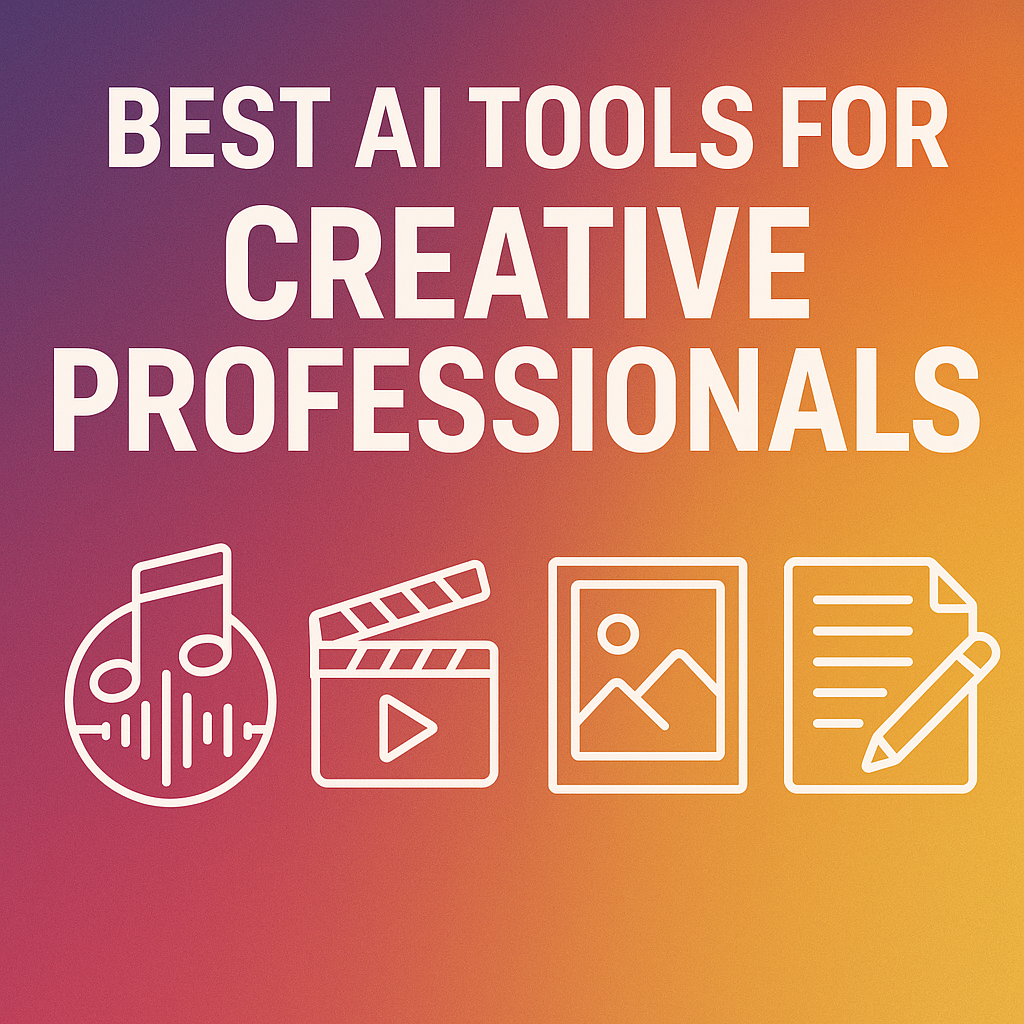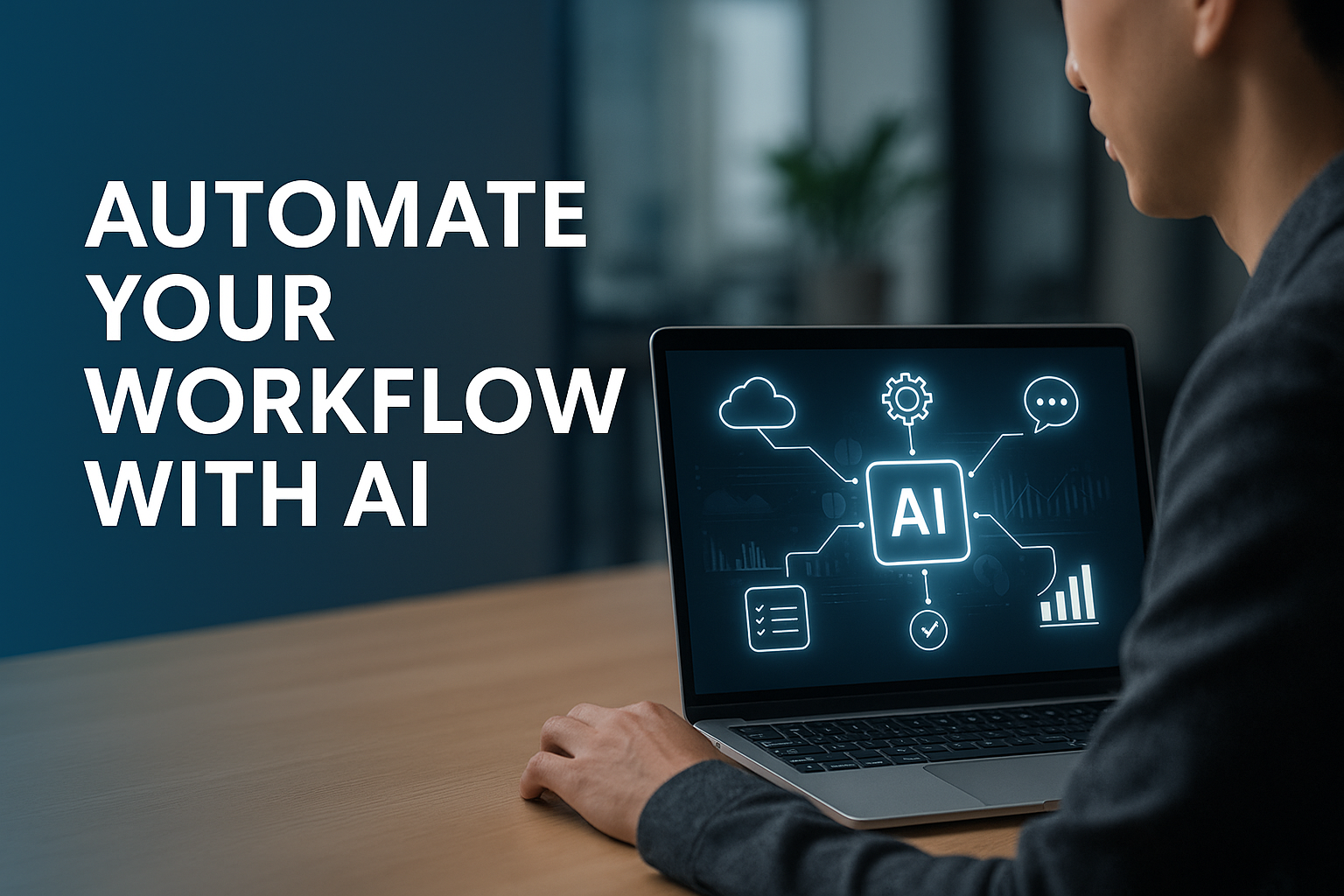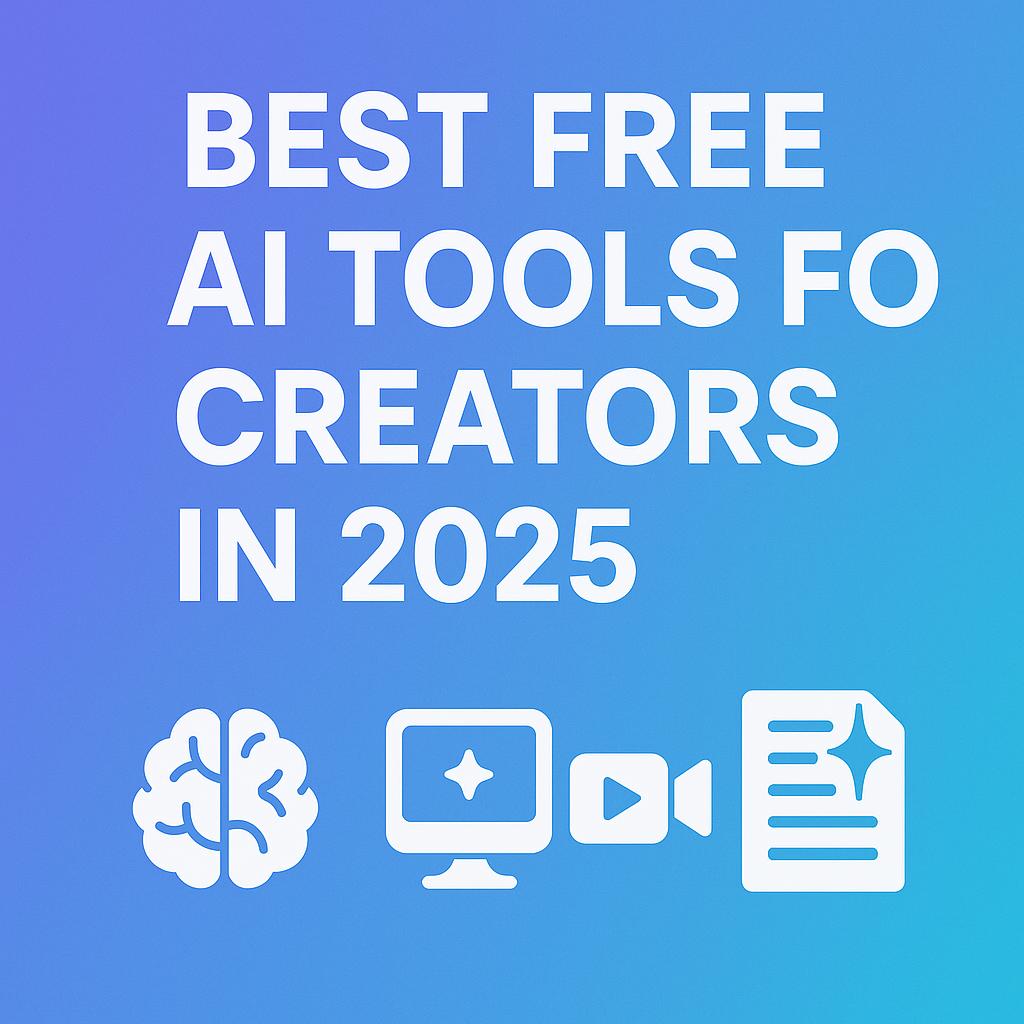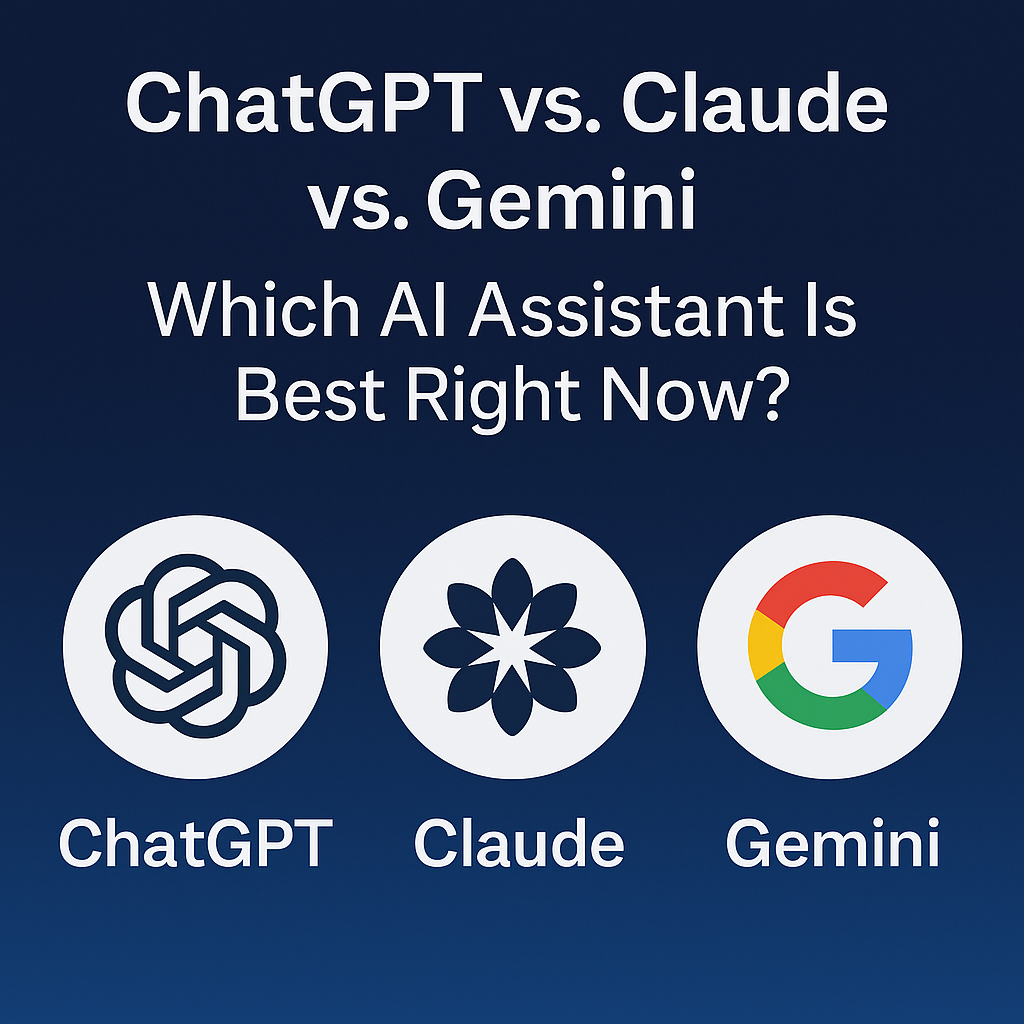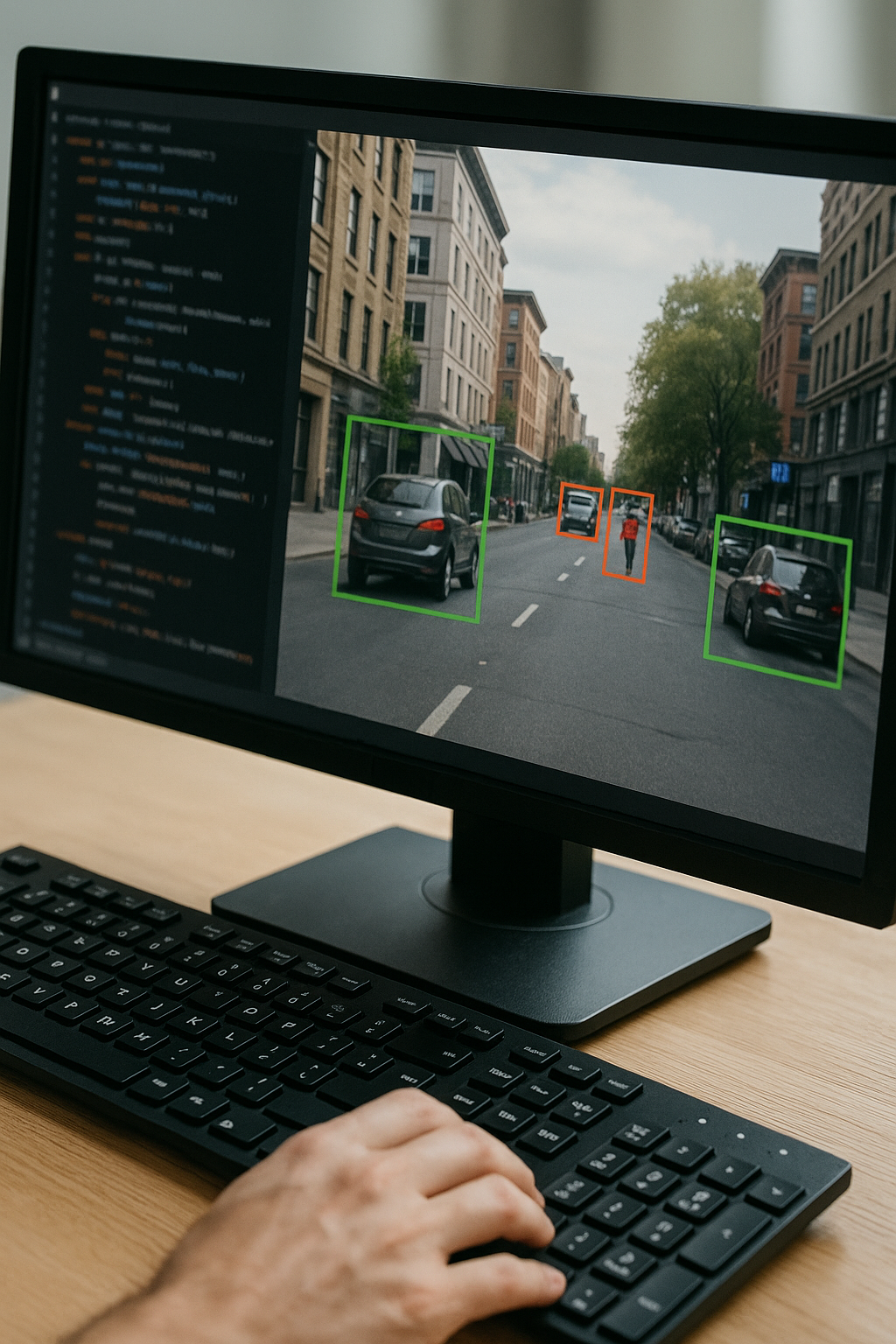This Week in AI
A Deeper Dive into the Top 5 News Stories
Get ready to delve into the intricacies of the top 5 news stories shaping the ever-evolving landscape of Artificial Intelligence (AI) this week.
1. Meta's Open-Source Gambit: Unveiling the Pandora's Box of AI Research?
Meta's decision to open-source a significant portion of its AI research and resources has sparked a wave of discussion and debate. Proponents hail this move as a transparency push, fostering collaboration and accelerating progress in the field. The open-sourcing allows researchers from around the world to examine, build upon, and potentially improve upon Meta's work, potentially leading to faster innovation and the democratisation of AI development.
However, this decision also raises concerns. Critics argue that opening up sensitive research areas could accelerate the development of harmful AI, particularly in the realm of autonomous weapons or deepfakes. Additionally, concerns exist regarding potential intellectual property theft and the misuse of open-sourced data and algorithms for malicious purposes.
2. Combating Bias: Can AI Be Its Own Worst Enemy's Nemesis?
Microsoft's introduction of Azure AI, a tool designed to detect and mitigate bias in AI models, signifies a crucial step towards responsible AI development. This tool utilises various techniques to analyze data and algorithms, identifying potential biases based on factors like race, gender, or socio-economic background. This allows developers to intervene and adjust their models to ensure fairness and inclusivity.
However, it's important to acknowledge the limitations of this tool. Identifying and mitigating bias is a complex undertaking, and Azure AI may not be able to detect all potential biases, particularly those embedded in the very fabric of the data used to train these models. Additionally, ethical considerations remain, as the definition of "bias" itself can be subjective and context-dependent.
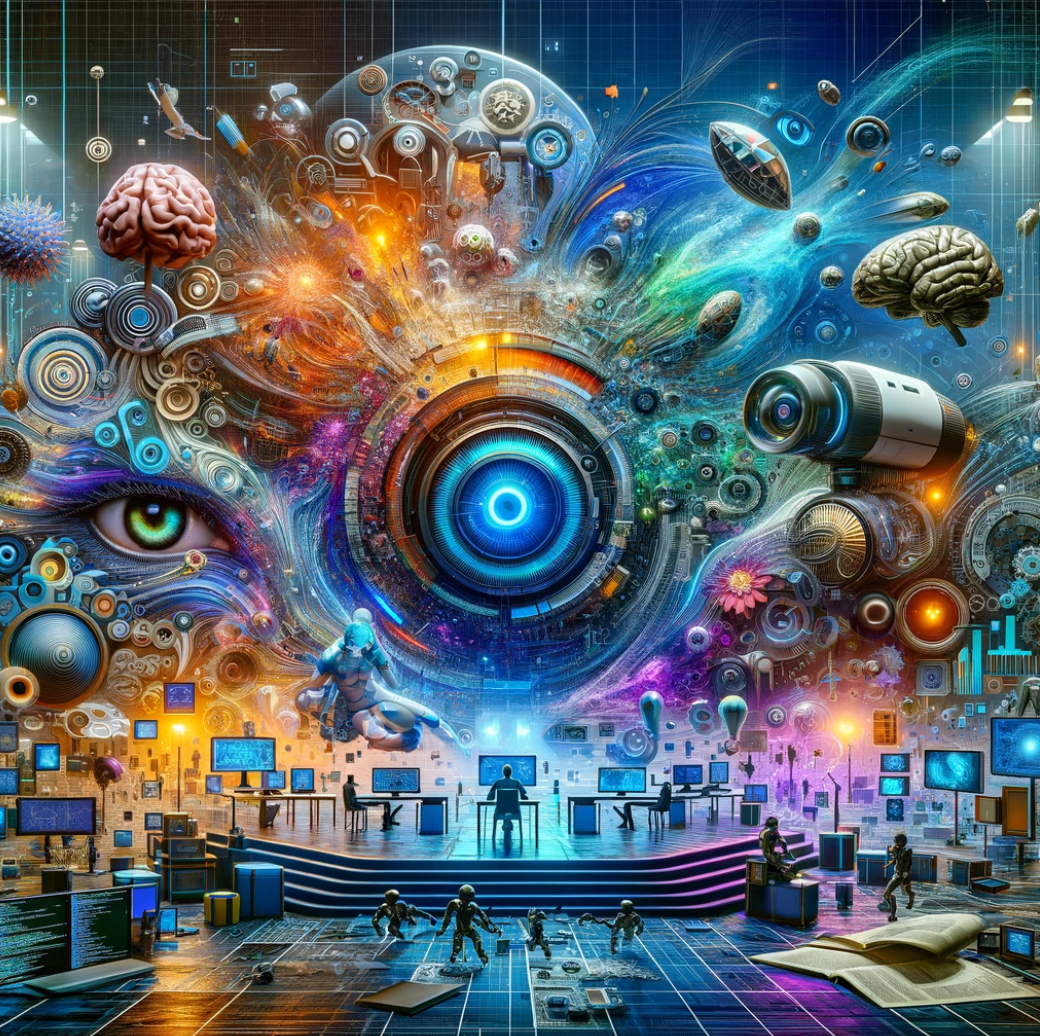
3. The AI-Powered Warehouse: A Logistic Leap or a Jobless Future?
Amazon's deployment of AI-powered sortation machines in its warehouses raises questions about both its benefits and drawbacks. These intelligent machines can process and sort inventory significantly faster than humans, potentially leading to increased efficiency and faster delivery times for consumers. This can benefit businesses by reducing operational costs and improving customer satisfaction.
However, concerns exist regarding the potential displacement of human workers in the warehousing sector. As AI technologies become more sophisticated, they could potentially automate a significant portion of warehouse tasks, leading to job losses and economic hardship for individuals working in these roles.
4. OpenAI's Powerhouse Tools: Evolving the Landscape of Creative AI
OpenAI's updates to its popular AI models, ChatGPT and DALL-E 3, mark a significant advancement in the capabilities of AI for creative tasks. ChatGPT's ability to access and process information from the real world through Bing search allows it to generate more informative and contextually relevant responses. This opens up new possibilities for its use in applications like chatbots, virtual assistants, and even personalized educational tools.
DALL-E 3's entry into the beta phase signifies a major step towards democratizing access to this powerful image generation tool. Previously, only select researchers and developers had access to DALL-E 3, limiting its potential impact. Now, a wider audience can experiment with this technology and explore its capabilities for generating creative content, product design, and even scientific visualization.
5. Consensus GPT: Unlocking the Secrets of Academic Research
The introduction of Consensus GPT, an AI model designed to summarize and synthesize complex academic research papers, has the potential to revolutionize the way researchers access and engage with scientific knowledge. This tool can automatically generate concise summaries that capture the key findings and arguments presented in research papers, making it easier for researchers to navigate the vast amount of information available in various academic disciplines. This can significantly reduce the time and effort required to stay up-to-date with the latest advancements in a particular field.
However, it's crucial to remember that Consensus GPT is a tool, not a replacement for critical thinking and human expertise. While it can provide valuable summaries, researchers still need to critically evaluate the information presented and consult the original research papers for full context and detailed analysis.
Stay at the Forefront of AI: Join Our Community!
The world of AI is progressing at a rapid pace, and staying informed is essential for anyone who wants to understand its impact and potential. Subscribe to our weekly newsletter to receive in-depth articles, expert insights, and the latest breakthroughs in AI research. Don't miss out on the opportunity to stay ahead of the curve and navigate the exciting future of AI with us. Subscribe today and join our vibrant community of AI enthusiasts!



